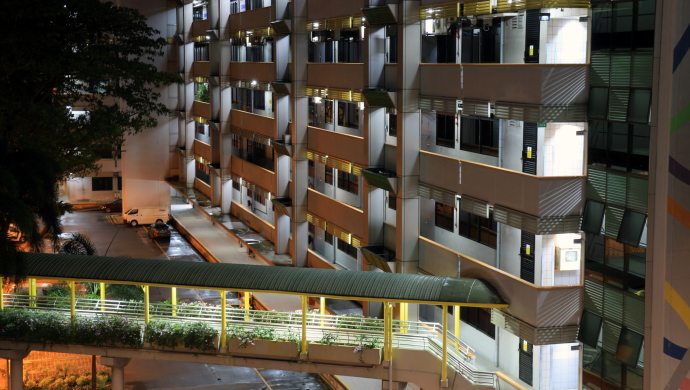In rebranding to Startup SG, the Singapore government also announced a new deep-tech scheme

Rejecting the political currents sweeping countries like the US towards economic nationalism, the Singapore government wants to position itself as a place tech entrepreneurs can call home.
“The rising global protectionist sentiments that emerged in 2016 present us with the opportunity to position Singapore as an attractive startup location for global talent. Foreign entrepreneurs have the capacity to add to the vibrancy of our startup scene,” said Singapore’s Minister of State for Trade and Industry, Dr. Koh Poh Koon.
“They complement our local startups through the cross-fertilisation of ideas, catalyse new partnerships and create good jobs for our people,” he added.
The initiative will involve rule changes to the EntrePass system (a work visa for entrepreneurs) by eliminating certain rules while broadening the type of companies that will be allowed to permanently enter Singapore.
The key changes are as follows:
- Startups will no longer need to have S$50,000 (US$35,000) of paid-up capital to enter the city. Paid-up capital is money invested by firms or individuals in exchange for equity.
- The criteria for international startups to ‘explore’ the scene in Singapore will be broadened
- EntrePass recipients will be granted a two-year pass as compared with the current length of one year.
“The enhancements are especially timely given increasing international interest in Singapore as a global startup destination,” said Koh.
Startup SG and deep-tech investment
Singapore’s government went through a rebranding exercise to bring a host of startup initiatives under one umbrella.
Called ‘Startup SG’ the programme will be focussed on five characteristics of the startup economy — talent development (EntrePass would fall under this category), equity funding, deep-tech development, support for Founders and assistance for accelerators/incubators.
Koh pointed to deep-tech as a crucial sector the Singapore government needed to support. Deep-tech is usually referred to as the development of technologies that are wholly unique (so a marketplace would not qualify, while cutting-edge AI probably would).
Also Read: Singapore govt is developing a Facebook chat bot to connect the public with its ministries
The rule change Koh made public is the government will double its co-investment cap for deep-tech startups to S$4 million (US$2.8 million) from S$2 million (US$1.4 million). Also, Singapore’s government will not be required to match 1-for-1 but rather can invest 70 per cent of the total fundraising.
Global Innovation Alliance and the answer to everyone’s favourite question
Lowering the barrier-to-entry for Singapore is a step towards internationalising the startup scene, but companies also need to collaborate with global counterparts who have no intention of moving to the city-state.
The government hopes a programme called the Global Innovation Alliance will help foster these conversations.
As an example, Koh pointed towards a Block 71 satellite programme in the US that is jointly set up by NUS Enterprise, Singtel Innov8 and SGInnovate. He also brought up a private initiative from Action Community for Entrepreneurship (ACE) that has built a network of Singaporeans in Silicon Valley to help support those startups.
“Both of these serve as platforms for our companies to gain access to US markets by tapping the experience and networks of US-based Singaporeans and their US counterparts,” said Koh.
Koh said the Global Innovation Alliance will piggyback on these kinds of initiatives to provide Singaporean startups opportunities abroad.
Also Read: Singapore government plans to roll out a ‘big data sandbox’ this year
On a lighter note, Koh answered one of the most common — and previously unanswerable — questions within the startup community.
How many startups are in Singapore?
The answer, at the end of 2015, was about 48,000. So there you have it, some trivia for the next cocktail party.
—
The post Rejecting global protectionism, Singapore government lowers barrier to entry for foreign startups appeared first on e27.